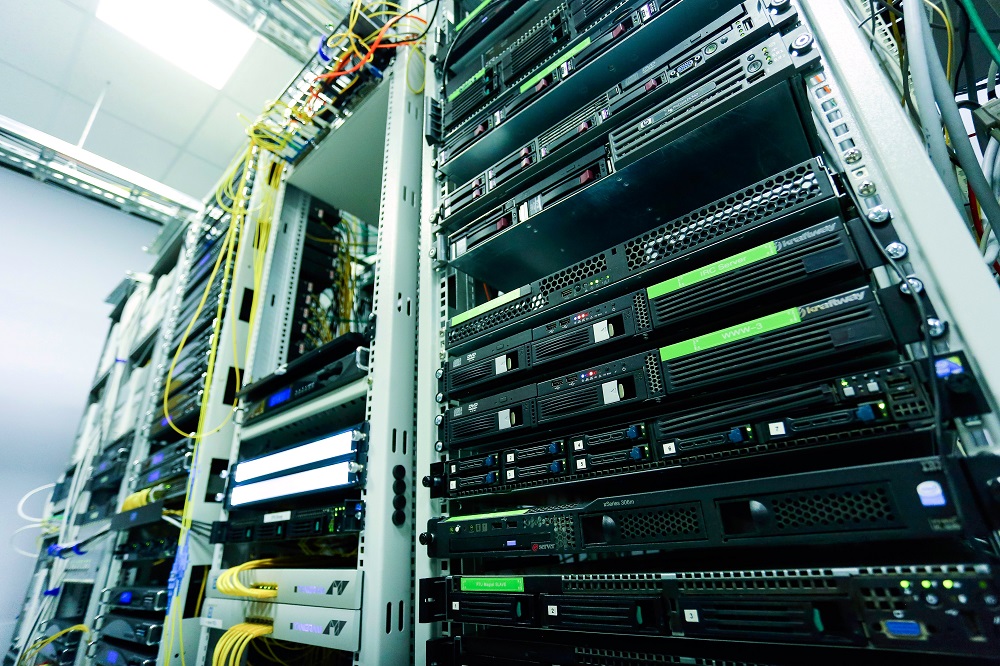- All
- Product Name
- Product Keyword
- Product Model
- Product Summary
- Product Description
- Multi Field Search
Views: 65 Author: Site Editor Publish Time: 2023-03-24 Origin: Site
Transformer terminals are essential components in industrial applications that involve the use of transformers. They offer several advantages that make them a popular choice for connecting transformers to external power sources and loads. In this article, we will discuss the advantages of using transformer terminals in industrial applications.
Safety: Transformer terminals provide a safe and secure method of connecting transformers to external power sources and loads. They are designed to prevent accidental electrical contact and minimize the risk of electrical shock or injury. Transformer terminals are typically made of high-quality materials that are resistant to heat, corrosion, and other environmental factors that can affect their performance.
Easy installation: Transformer terminals are designed to be easy to install and use. They are available in a variety of configurations, including screw terminals, push-on terminals, and solder terminals, making it easy to connect them to external power sources and loads. They can be easily integrated into existing electrical circuits, minimizing the need for additional wiring and reducing installation time and costs.
Versatility: Transformer terminals are versatile components that can be used in a wide range of industrial applications. They are available in a variety of sizes and configurations, making them suitable for use with transformers of different sizes and capacities. Transformer terminals can be used in applications that involve low voltage or high voltage, making them a popular choice for use in both residential and commercial applications.

Reliability: Transformer terminals are designed to provide a reliable and consistent connection between the transformer and external power sources and loads. They are typically made of high-quality materials that are resistant to wear and tear, ensuring that they provide a reliable connection over a long period of time. This reliability is important in industrial applications, where downtime and maintenance costs can be significant.
Customization: Transformer terminals can be customized to meet the specific needs of different industrial applications. They can be designed to handle different voltage and current levels, and can be made in different sizes and configurations to accommodate different types of transformers. Customized transformer terminals can provide a more efficient and reliable connection, improving the overall performance of the electrical circuit.
Cost-effective: Transformer terminals are a cost-effective solution for connecting transformers to external power sources and loads. They are typically less expensive than other types of electrical components, such as connectors and wires, and they require minimal maintenance over their lifetime. The low cost and low maintenance requirements of transformer terminals make them a popular choice for use in industrial applications.
In conclusion, transformer terminals are an essential component in industrial applications that involve the use of transformers. They offer several advantages, including safety, easy installation, versatility, reliability, customization, and cost-effectiveness. By selecting and installing the appropriate transformer terminals, designers and installers can ensure that their industrial applications operate safely, efficiently, and reliably.
A terminal block is a compact, insulated base with metal contacts that lets you clamp, join, and distribute conductors without soldering. If you’ve ever routed power to a drive, brought sensor leads into a controller, or handed off field wiring to a PCB, you’ve used one. Understanding what is a term
As a Engineer ,It is very important to choose globally recognized premium terminal blocks .these manufacturersas below: Phoenix Contact, WAGO, Weidmüller, Eaton, Molex, Amphenol, Harting, and Shanye Electronics (subsidiary of Kefa Electronics). These industry leaders collectively dominate the $4.6
This article covers the technical features of spring-loaded and push-in terminals, and both the advantages and disadvantages of these technologies when it comes to installation practices, commissioning, footprint and authorisation for the North American market. Why do we need spring terminal block ?
Wiring a terminal block correctly is a fundamental skill in electrical work, ensuring safe and reliable connections. This article will help you to understand the essential steps, from preparing your wires to securing them properly within various terminal block types.ContentWhat are Terminal Blocks?R
What is terminal block ?terminal block, also known as a connection terminal, is a modular block used in electrical and electronics systems to connect and secure electrical wires or cables. It serves as a convenient and organized way to make electrical connections, whether for power distribution, sig
Terminal electronics is the key point at which a conductor from a electronic component, device or network comes to an end.Terminal may also refer to an electrical connector at this endpoint, acting as the reusable interface to a conductor and creating a point where external circuits can be connected